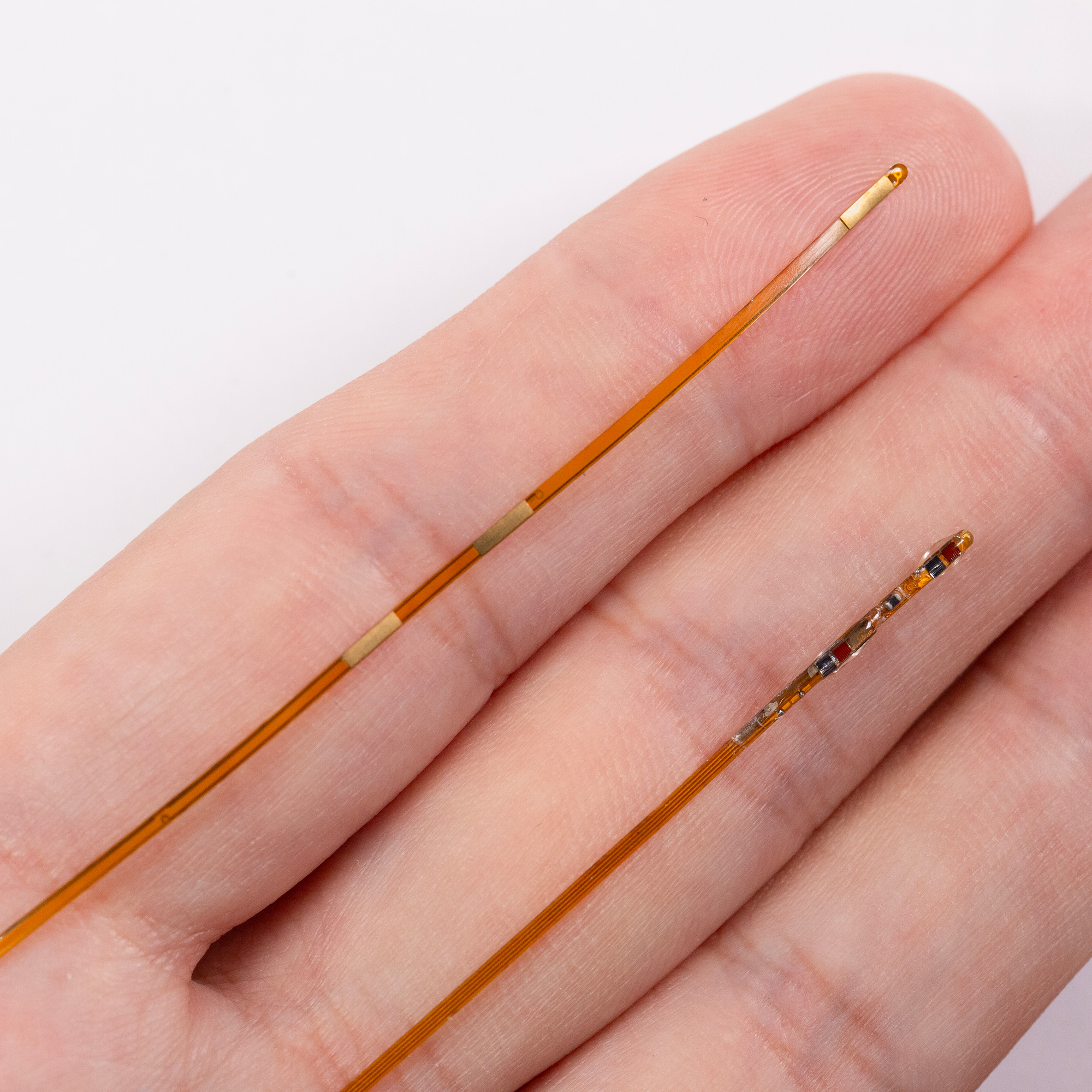Media Coverage
The work done by Northwestern University Feinberg School of Medicine faculty members (and even some students) is regularly highlighted in newspapers, online media outlets and more. Below you’ll find links to articles and videos of Feinberg in the news.
-
NBC News
–
Cardiologist Jonathan Rich takes the stand as expert witness for prosecution
Cardiologist Jonathan Rich took the stand Monday as the first witness in the third week of testimony in the Derek Chauvin trial. Rich works at Northwestern Memorial Hospital in Chicago and is an associate professor at Northwestern University. Rich will be providing his opinion on how he believes George Floyd died. He said this is his first time testifying in a trial.
-
Reuters
–
Moderna vaccine antibodies last at least 6 months; lung transplant can save some COVID-19 survivors
They said transplants should be performed at least four weeks after a diagnosis of irreversible lung damage. In the United States alone, more than 50 double lung transplants have been performed on COVID-19 survivors, and all the patients are alive, said Dr. Ankit Bharat of Northwestern Medicine in Chicago, who has performed a dozen of them. A study published in The Lancet Respiratory Medicine that examined 12 of the first double-lung transplants performed in COVID-19 patients in the United States, Italy, Austria and India showed that all but two survived and are doing well, said co-author Bharat.
-
Yahoo! News
–
‘It was like the lights went out:’ Family dealing with COVID complications months later
A recent study done at Northwestern Memorial Hospital of 100 patients from 21 states with long-term symptoms who did not have immediate harsh reactions to the virus found that 85 percent of them experienced four or more neurological issues like brain fog, headaches, tingling, muscle pain and dizziness.
-
WebMD
–
Can Antidepressants Work for Me?
Danesh Alam, MD, a psychiatry specialist at Northwestern Medicine, says “depression is one of the most complicated illnesses we have in medicine.” And to get the best treatment, it’s important to get on the same page as your doctor.
-
CBS News
–
Doctors perform world’s first living donor lung transplant to a COVID-19 patient
The surgery marks the latest pioneering lung transplant during the coronavirus pandemic. In March, doctors at Northwestern Medicine in Chicago successfully transplanted both lungs on a COVID-19 patient using them from a donor who previously recovered from the virus. And last year, surgeons at the hospital performed the first successful double lung transplant of a COVID-19 patient in the U.S
-
Crain’s Chicago Business
–
No Pain, No Gain for Those With PAD, Northwestern Study Finds
Walking at a slow pace that does not induce ischemic leg symptoms is no more effective than no exercise at all, the study found.
While the trial did not identify the biological changes that lead to walking improvement, lead investigator Dr. Mary McDermott, professor of medicine at Northwestern University Feinberg School of Medicine, said in the statement that prior research shows intensive exercise stimulates certain biologic pathways that promote improved mitochondrial activity.
-
U.S. News & World Report
–
Jail Dims Hopes for Recovery for Young People With Mental Illness
“These are not necessarily bad kids, but they have many strikes against them,” said study lead author Linda Teplin. “Physical abuse, sexual abuse and neglect are common. These experiences can precipitate depression. Incarceration should be the last resort.” Teplin is professor of psychiatry and behavioral sciences at Northwestern University Feinberg School of Medicine, in Chicago.
-
WTTW News
–
For the Immunocompromised, Vaccines Alone Won’t Bring ‘Normal’ Back
The preliminary study raises questions about vaccine protection for not only those patients, but for others with weakened immune systems, such as people with HIV/AIDS or cancer and those taking steroids or medications for rheumatoid arthritis, lupus, ulcerative colitis and inflammatory bowel disease. We spoke about the issue with Dr. Michael Angarone, an associate professor of medicine who specializes in infectious diseases at Northwestern University’s Feinberg School of Medicine.
-
Chicago Tribune
–
Illinois reopening plans may have some excited to go back to ‘normal.’ But others are feeling FOGO — fear of going out.
Mia Rusev, a case therapist at Northwestern Medicine Central DuPage Hospital and a licensed clinical social worker, says the reopening is going to be a time of transition and adjustment. “People got accustomed to smaller crowds, less noise and more intimate settings, and they’ll have to be patient with themselves with reentry. So if you’re going into a crowded place, it might be overwhelming,” she said.
-
HealthDay
–
Why Are ER Wait Times Getting Longer for Kids in Mental Health Crisis?
“It’s a widespread problem,” said Dr. Jennifer Hoffmann, one of the researchers on the study and an ER doctor at Lurie Children’s Hospital of Chicago.
Hoffmann said that while the study period went to 2015, the COVID-19 pandemic has only increased the demand for pediatric mental health services. At her hospital, the percentage of ER visits for mental health conditions has doubled since the start of the pandemic.






